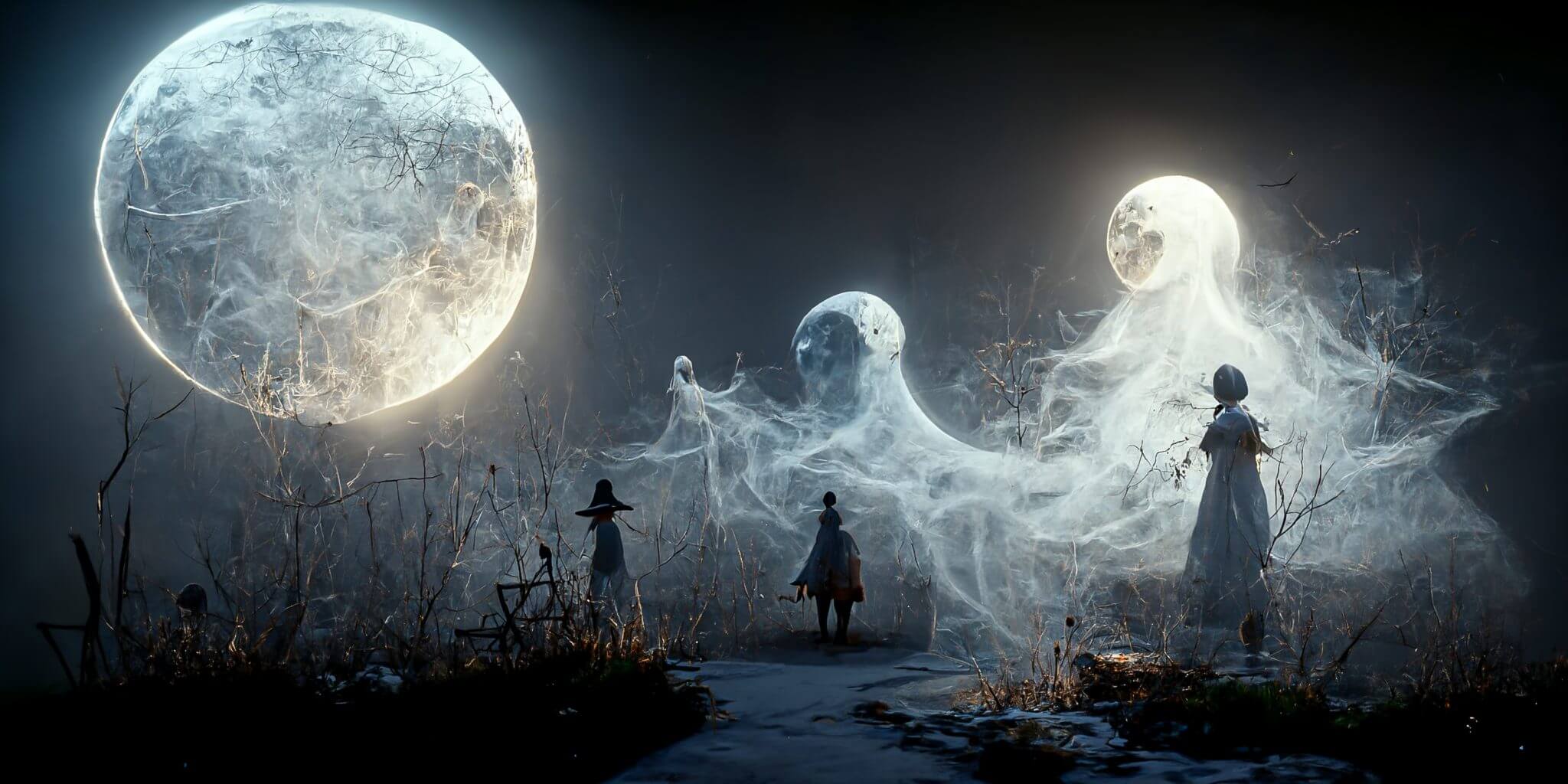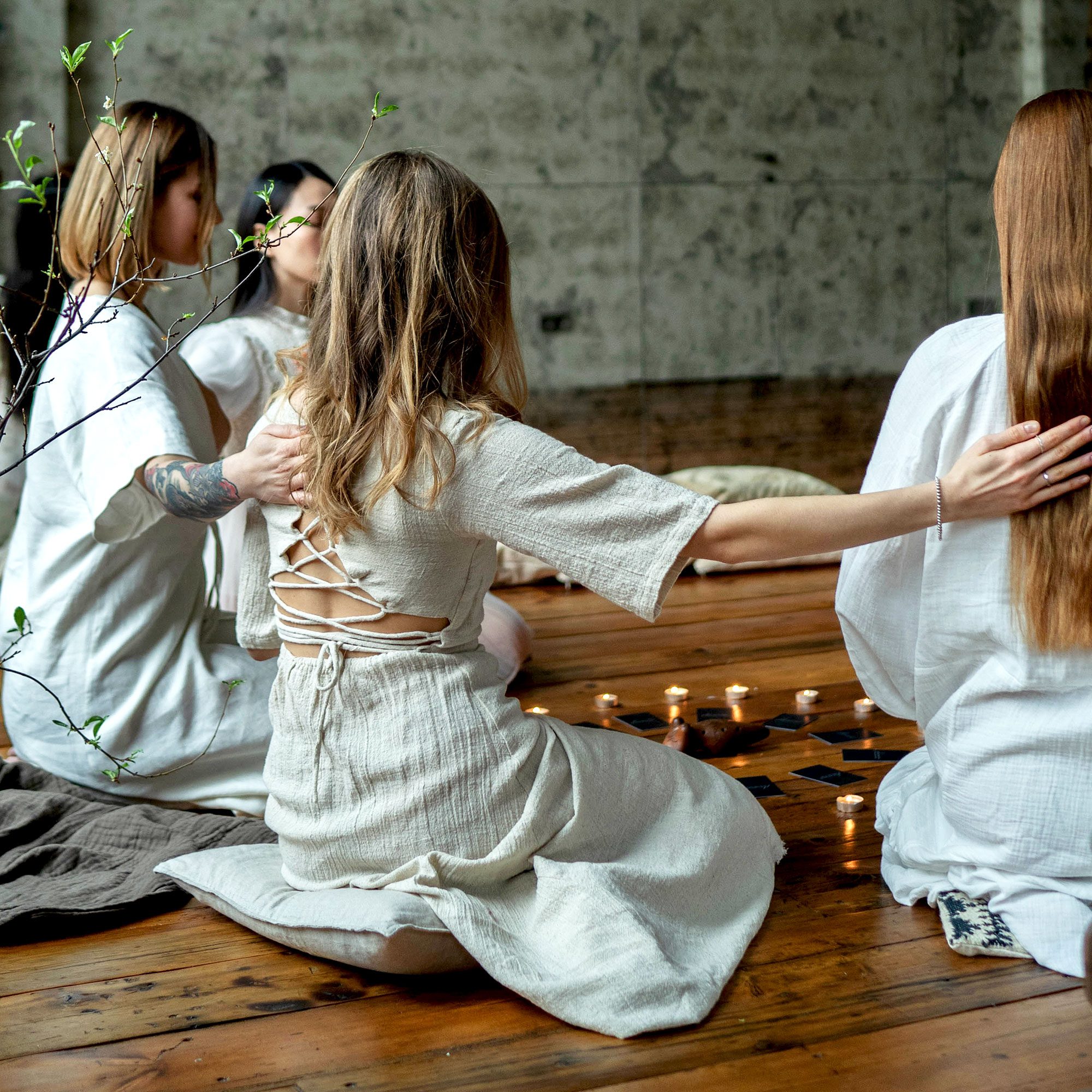Witchcraft is a spiritual practice that has a rich and diverse history, with roots that can be traced back to ancient times.
Evidence of magickal and mystical practices has been found in cultures all around the world, and in many ancient cultures, witchcraft was practised as a form of religious or spiritual expression.
In ancient Egypt, for example, magick was an integral part of religious life and was used to heal the sick, protect against evil forces, and promote fertility. Similarly, in ancient Greece and Rome, witchcraft was practised as a way to connect with the gods and gain their favour.
During the medieval period, the practice of witchcraft became associated with the worship of the devil and other evil entities. The Catholic Church was particularly vocal in its condemnation of witchcraft, and those accused of practising witchcraft were often subject to persecution, imprisonment, and even death. The persecution of witches reached its peak in the late 16th and early 17th centuries, during what is known as the witch hunts. During this time, thousands of people were accused of practising witchcraft, and many were put to death. The witch hunts had a profound impact on the practice of witchcraft and led to a long period of repression and secrecy that lasted for centuries.
In the late 19th and early 20th centuries, the study of witchcraft and magick underwent a resurgence, with new movements and traditions emerging. One of the most influential of these was the revival of Wicca, a modern form of witchcraft that emphasizes the worship of nature and the goddess. Wicca was founded in the mid-20th century by Gerald Gardner, and has since become a recognized spiritual path and has gained widespread acceptance in many parts of the world. Wicca, along with other forms of witchcraft, has helped to bring witchcraft out of the shadows and into the mainstream and has helped to dispel many of the negative stereotypes that have long been associated with the practice.
Today, witchcraft is practised by people from all walks of life and is recognized as a valid spiritual path by many. Despite its long history of persecution and repression, witchcraft continues to thrive and is experiencing a resurgence of popularity in the modern world. The growth of the internet and social media has helped to bring the practice of witchcraft to a wider audience and has made it easier for practitioners to connect with others who share their beliefs and interests.
One of the key aspects of witchcraft is the practice of magick, which is often described as the art of bringing about desired outcomes through the manipulation of energy. Magick can take many forms, from the use of spells and incantations to the use of herbs and other natural substances to the creation of talismans and amulets. Magick is often practised within a spiritual or religious context, and many practitioners believe that their abilities are enhanced by connecting with a higher power, such as a deity or spirit.
Another important aspect of witchcraft is the worship of nature and the belief that the natural world is infused with spiritual power. Many witches believe that they can tap into this power to bring about positive change in their lives, and in the world around them. They often celebrate the cycles of the moon and the seasons and believe that their rituals and practices are enhanced by being in tune with the rhythms of nature.
In conclusion, the history of witchcraft is a rich and diverse one, with roots that can be traced back to ancient times. Despite periods of persecution and repression, witchcraft has survived and continues to thrive as a recognized spiritual path in the modern world. With the growth of the internet and social media, the practice of witchcraft is reaching a wider audience and is helping to dispel many of the negative stereotypes that have long been associated with the practice. Whether you are a practitioner of witchcraft, or simply someone who is curious about the history of this fascinating and complex spiritual practice, it is clear that witchcraft has played an important role in shaping the world in which we live, and will continue to do so for generations to come. Whether one is drawn to witchcraft for its spiritual or magickal elements, or simply for its connection to nature and the natural world, it is clear that the study and practice of witchcraft is a rich and rewarding pursuit that has much to offer those who seek to deepen their understanding of the world around them.




